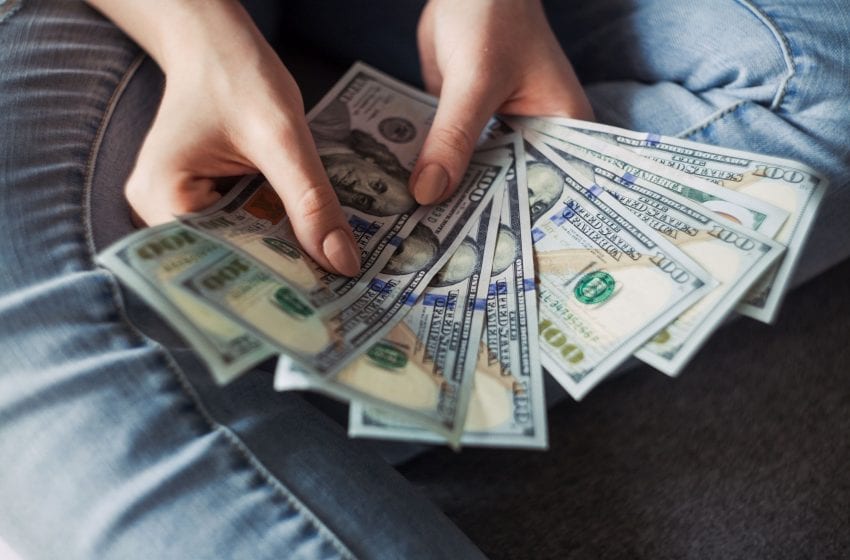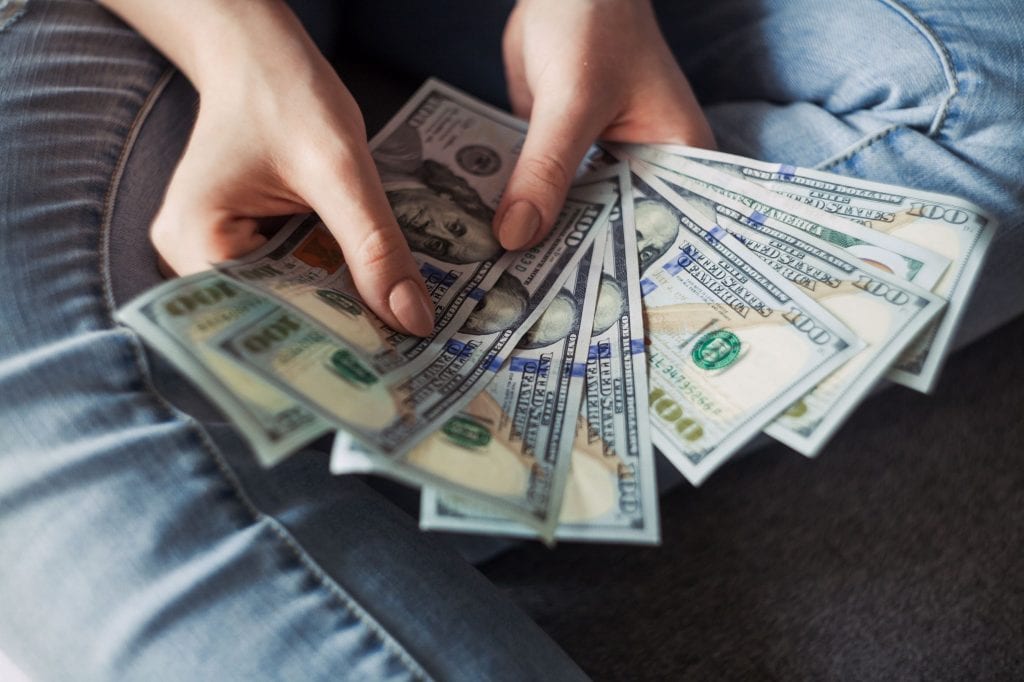
Lawmakers in Guam are proposing to impose a 10 percent excise tax on all vape products for the first year, and then raising it to 20 percent on the second year.
Guam currently has no standardized tax regulations for what the bill describes as electronic nicotine-delivery systems (ENDS).
The bill, if enacted into law, will make the taxation for vape products separate from the existing tobacco retail category.
They do not include regulated cannabis products, according to Pacific News Daily.
Sen. Joe San Agustin and three other Democrat and Republican senators proposed the new rules. San Agustin, chairman of the appropriations committee, said the proposed tax on ENDS products came after realizing the loss of millions in revenues in the Healthy Futures Fund where it showed major shortfalls in revenues from tobacco taxes.
Under Bill 193-37, or the ENDS Excise Tax of 2023, the tax will be imposed on all ENDS products at the point of sale and will be made visible as a line item on the receipt.
Under the bill, the annual retail license will be $200, and the annual wholesaler license will be $2,000.









